5 Early Signs of Parkinson’s Disease You Should Never Ignore
Are you or a loved one experiencing subtle changes in movement, mood, or cognitive function that can't be easily explained? Could those small, unexplained changes in movement, mood, or memory be something more? When people think of the signs of Parkinson's disease, they often picture obvious symptoms like tremors or stiff limbs. But the truth is, the early signs can be surprisingly subtle and easy to miss.
In this blog, we’ll uncover five early warning signs of Parkinson’s disease that are often overlooked or mistaken for something else. Spotting them early can make all the difference, leading to quicker diagnosis, more effective treatment, and a better quality of life. If you or someone close to you has been feeling off lately, don’t ignore it, as it could be your body’s early warning system for signs of Parkinson’s disease.
What is Parkinson’s Disease?
Parkinson’s disease is a progressive neurological disorder that primarily affects the movement of a person. It falls under the broader category of parkinsonism, which is a group of conditions that cause movement-related symptoms. The most common signs of Parkinson’s include tremors, slowed movements, muscle stiffness, and balance difficulties.
While these motor symptoms are most widely recognised, Parkinson’s can also present in less typical ways. Some patients may experience what’s known as atypical Parkinsonism, which includes symptoms such as cognitive decline or dementia, visual hallucinations, and early balance issues that can lead to frequent falls.
How is Parkinson’s Disease Diagnosed?
There is currently no single test that can definitively diagnose Parkinson’s disease. Instead, the diagnosis is clinical and based on a careful evaluation of a person’s medical history, symptoms, and a thorough neurological examination.
The important signs of Parkinson’s disease are tremors, slowed movement, and muscle rigidity. To rule out other conditions with similar symptoms, the doctor will conduct various tests, including brain imaging (like an MRI), blood work, or a dopamine transporter scan, which helps assess dopamine levels in the brain.
In some cases, a trial of Levodopa, a medication used to treat Parkinson’s symptoms, is also recommended. If the patient responds positively to the drug, it can further support the diagnosis.
While these tests don’t confirm Parkinson’s disease on their own, they help rule out other potential causes and help build a clearer picture of what’s going on. Early diagnosis is important for managing symptoms and improving long-term outcomes.
Why Early Detection of Parkinson’s Signs Make a Difference?
Some early symptoms of Parkinson’s can appear a decade or more before an official diagnosis. Although they may seem minor at first, these signs could be your body's early warning system. Ignoring them can delay treatment, progress the diseases and affect long-term quality of life.
The earlier Parkinson’s is diagnosed, the sooner proper treatment can begin—often improving symptoms and slowing progression. If you or a loved one are experiencing any of these signs, speak to a doctor for a full evaluation.
What are the Symptoms of Parkinson’s Disease?
There are many signs of Parkinson’s disease; some being mild and untraceable most of the time, while some can lead to serious consequences if ignored. Here are 10 common signs of Parkinson’s Disease:
■ Small Handwriting or Micrographia
If your handwriting suddenly becomes smaller or more cramped than usual, it could be an early sign of Parkinson’s disease. Changes in fine motor control often affects writing.
■ Loss of Smell
A reduced or complete loss of smell, especially of certain foods like bananas, pickles, or liquorice, can be an early and often overlooked symptom of Parkinson’s disease.
■ Trouble Moving or Walking
Stiffness in your arms, legs, or joints, particularly if it persists despite movement, may be a warning sign. Many people feel as if their feet are stuck to the floor or that their arms don’t swing naturally when walking.
■ Masked Face
Parkinson’s can affect facial muscles, making your face appear serious, sad, or expressionless even if you’re feeling fine. This symptom is known as facial masking.
■ Dizziness or Fainting
Frequent dizziness or fainting when standing up may be a sign of low blood pressure, which can be related to Parkinson’s disease.
■ Stooping or Hunched Posture
If you’ve noticed yourself slouching, leaning forward, or having trouble standing up straight, this could be another sign of Parkinson’s-related muscle rigidity.
5 Early Warning Signs of Parkinson’s Disease You Should Never Ignore
While the symptoms above may develop gradually, some early warning signs are particularly important to watch for, including :
■ Tremors in your hands
You might experience constant shaking or tremors in your hands even when resting, which can be a sign of Parkinson’s disease. Women tend to face tremors as the first warning signs of the disease compared to men. While these tremors usually start with a hand or finger, often only on one side of your body, they can easily develop into pill-rolling tremors, where you rub your thumb and finger back and forth as if massaging an invisible pill. If you don’t pay attention to these, they can progress to tremors in your legs, face, and other body areas.
■ Acting out your dreams while sleeping
Many people with Parkinson’s have sleep disturbances. One of the most significant is REM sleep behaviour disorder, where you may physically act out vivid dreams, kicking, punching, or talking in your sleep, sometimes even injuring your partner.
■ Experiencing depression
Feeling persistently sad or emotionally flat can be an early non-motor sign of Parkinson’s disease. In some cases, depression may appear months or even years before motor symptoms. It can also fluctuate depending on the effectiveness of Parkinson’s medications like Levodopa.
■ Frequent constipation
Patients with Parkinson's disease are often seen having digestive and bowel problems due to a slower digestive system. These issues can start up to 20 years before other Parkinson's symptoms develop, such as tremors or other movement dysfunction. Bladder problems, such as incontinence or trouble urinating, are also signs of Parkinson’s disease that you should not ignore. If you're experiencing bowel or bladder issues, talk to your healthcare provider for an effective treatment and healthy outcome.
■ Speaking more softly than usual
You might begin speaking more softly, with less variation in tone and emotion. Your voice may also sound breathy or monotone. These changes can be a Parkinson’s symptom and sometimes be reversed or managed with speech therapy or vocal exercises like singing.
What are the Parkinson’s Disease Treatment Options in India?
While Parkinson’s disease has no known cure, there are a number of treatment options that can help manage symptoms and improve daily functioning. Treatment plans are typically personalised based on the patient’s age, health, and the stages of Parkinson’s disease.
1. Parkinson's Disease Dopamine Medications
Medications are usually the first line of treatment for parkinson’s disease. They work by increasing or substituting dopamine in the brain. These should, however, not be taken without the prescription of an expert doctor. Some of the commonly prescribed medicines are:
- Levodopa-Carbidopa: The most effective drug for Parkinson’s. Levodopa converts to dopamine in the brain, and Carbidopa prevents its breakdown before it reaches the brain.
- Dopamine Agonists: Dopamine Agonists mimic dopamine effects (e.g., pramipexole, ropinirole).
- MAO-B Inhibitors: Help prevent the breakdown of dopamine (e.g., selegiline, rasagiline).
- COMT Inhibitors: Extend the effect of Levodopa by blocking the enzyme that breaks it down.
- Amantadine: Used to manage symptoms such as tremors and dyskinesia (involuntary movements).
2. Deep Brain Stimulation for Parkinson’s Disease
Deep brain stimulation for parkinsons disease is a surgical option where electrodes are implanted in specific areas of the brain. These electrodes deliver electrical impulses that help control movement symptoms. DBS can significantly reduce medication needs and improve quality of life in suitable patients.
3. Physical, Occupational, and Speech Therapy
Physical, occupational and speech therapy is often used in combination with other parkinson’s treatment methods for the best results. Physical therapy helps with regaining flexibility, strength, and balance in a patient. Occupational therapy can assist with managing daily tasks and home adaptations. Speech therapy, on the other hand addresses voice changes, swallowing difficulties, and communication issues.
4. Lifestyle and Supportive Therapies
Combining Parkinson’s treatment with lifestyle modifications can provide you with the best results. Regular exercise, such as walking, tai chi, and yoga can improve mobility and mental well-being. Nutritional guidance ensures balanced meals that can support digestion and medication absorption. Mental health support can help address depression, anxiety, or cognitive decline associated with Parkinson’s.
Why Get Parkinson’s Treatment in India?
India is one of the best countries worldwide for getting neurological treatments, thanks to its highly experienced neurologists and neurosurgeons, affordable costs and advanced technology.
■ Parkinson's disease specialists
India is home to highly qualified neurologists and movement disorder specialists, many of whom are trained or certified internationally. Leading hospitals with CureIndia offer specialised Parkinson’s clinics equipped with the latest diagnostic tools and technologies for advanced treatment of the disease.
■ Affordable Treatment Costs
One of the biggest advantages of seeking treatment in India is the cost. Compared to Western countries, patients can receive top-quality care at a fraction of the price, without compromising on standards. This is especially valuable for a long-term condition like Parkinson’s, which requires ongoing management of the disease.
■ Advanced Treatment Facilities
CureIndia’s neuro hospitals are equipped with advanced technology for brain imaging, deep brain stimulation surgery, and physical rehabilitation. the hospitals are also involved in clinical trials and research and offer patients access to emerging therapies.
■ Shorter Waiting Times
Unlike many healthcare systems with long queues for specialist consultations or surgery, India offers faster access to neuro treatments, which is crucial for managing progressive conditions like Parkinson’s.









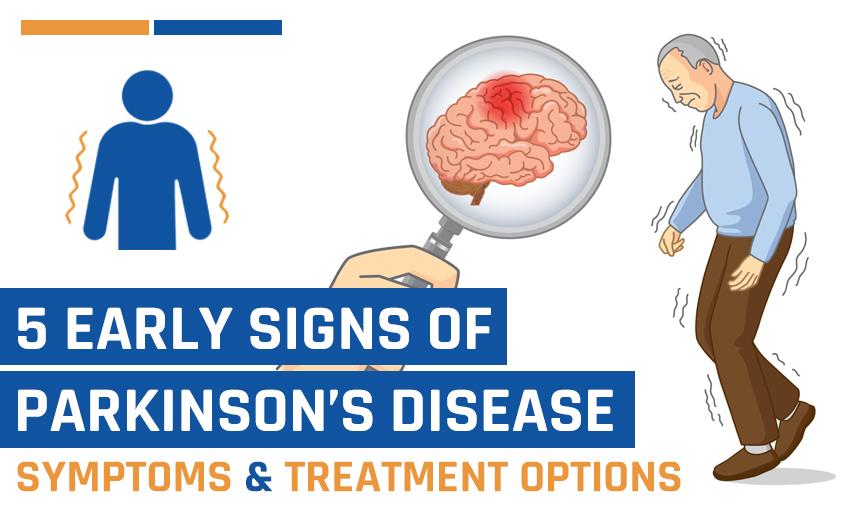




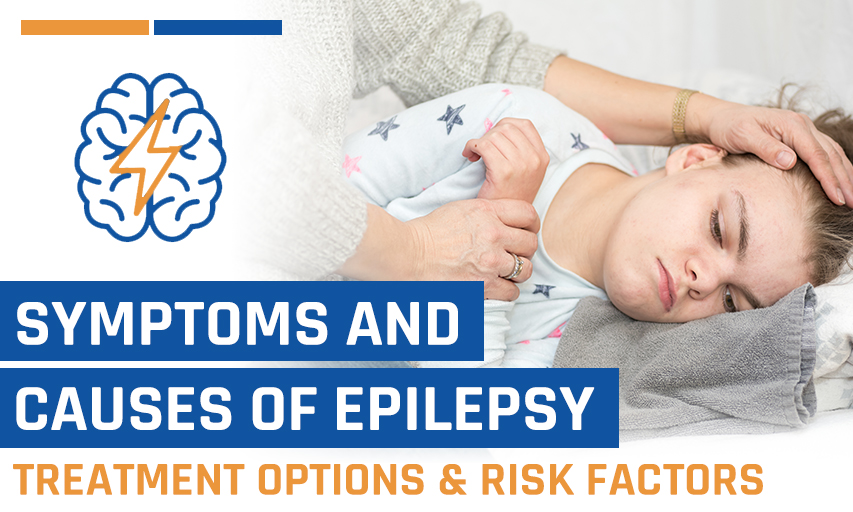
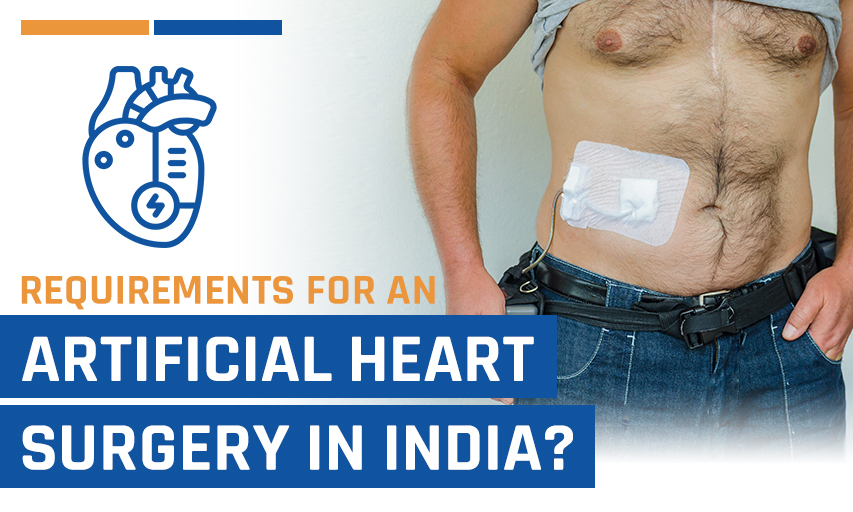
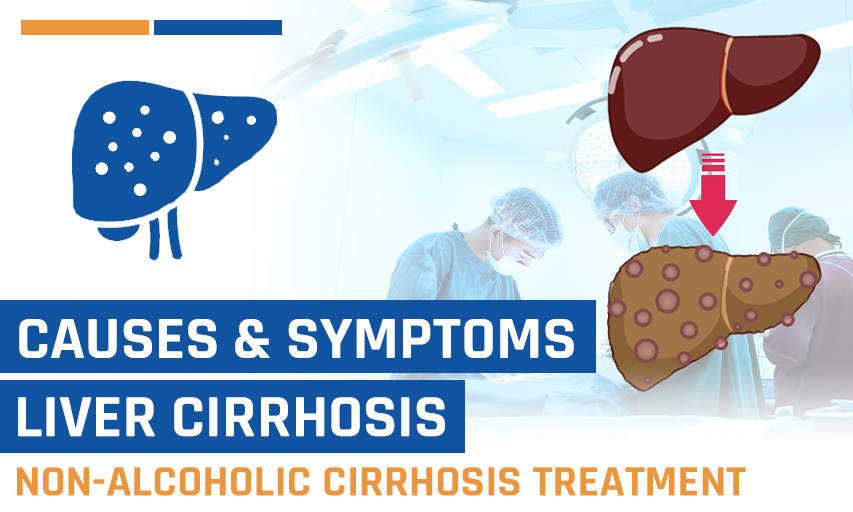
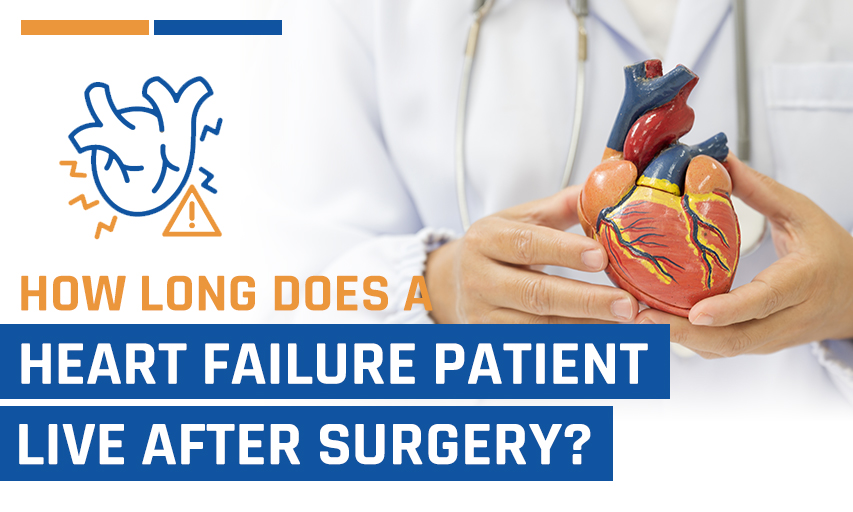


Be First To Comment
Leave a Comment